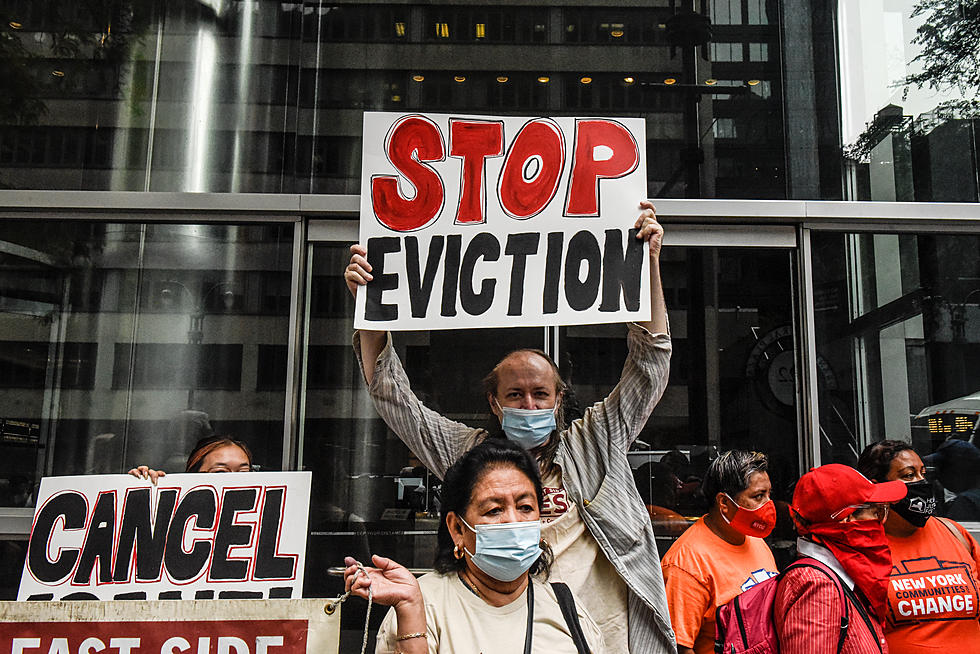
Can You Still Get An Abortion in New York Post-Roe?
In a landmark and highly contested decision on Friday morning, the United States Supreme Court overturned the landmark 1973 Roe v. Wade decision, eliminating a woman’s constitutional right to an abortion.
The upheaval comes with the Judicial Branch’s highest power also ruling in favor of a Mississippi law that bans abortion after 15 weeks of pregnancy. With Abortion now up to individual states, many governments plan to move for total abortion bans. Now only US Congress can pass legislation to write abortion into federal law.
In his majority opinion, Justice Samuel Alito calls Roe v. Wade, “egregiously wrong from the start.” Chief Justice John Roberts did not join the majority, saying he would not overturn Roe but would rule in favor of Mississippi. Justices Stephen Breyer, Sonia Sotomayor and Elena Kagan all dissented, quoting, “Power, not reason, is the new currency of this Court’s decision making.”
With the overturning revoking the last half-century of abortion policy, many are asking what does that mean for reproductive healthcare and rights.
Can You Still Get An Abortion in New York?
Yes. A woman’s right to get an abortion is written into New York state law. In 2019, the Reproductive Health Act was signed into law, which defines abortion as health care.
This story is ongoing.




